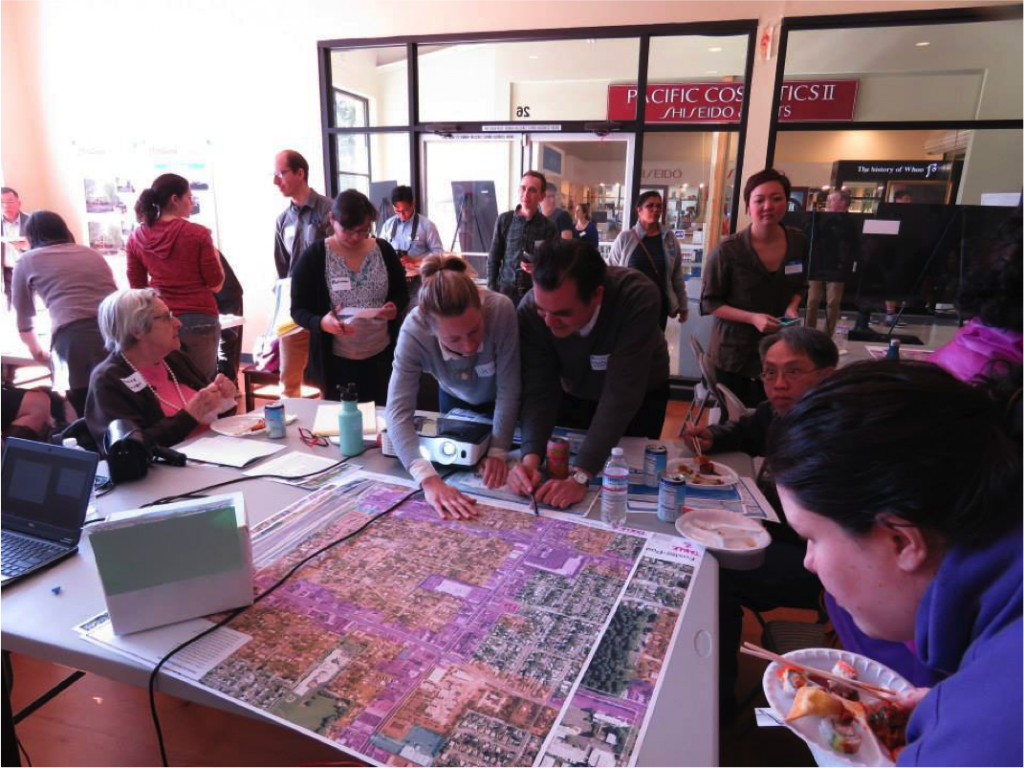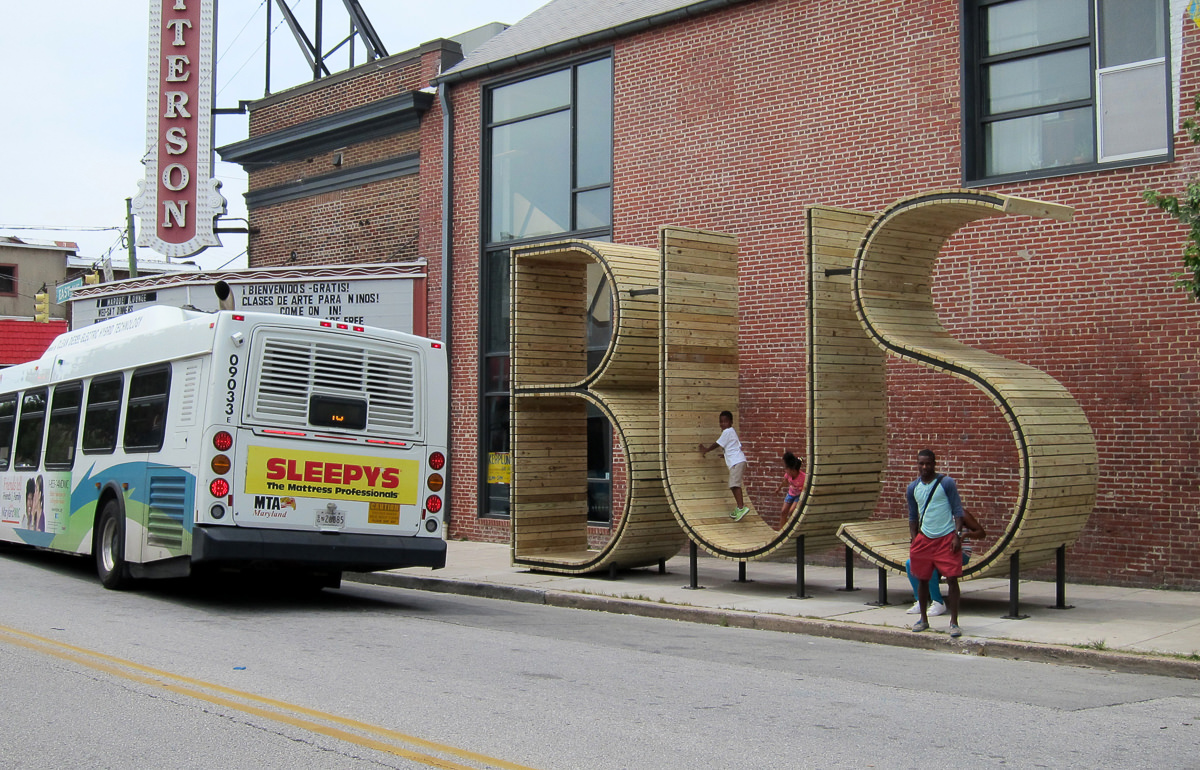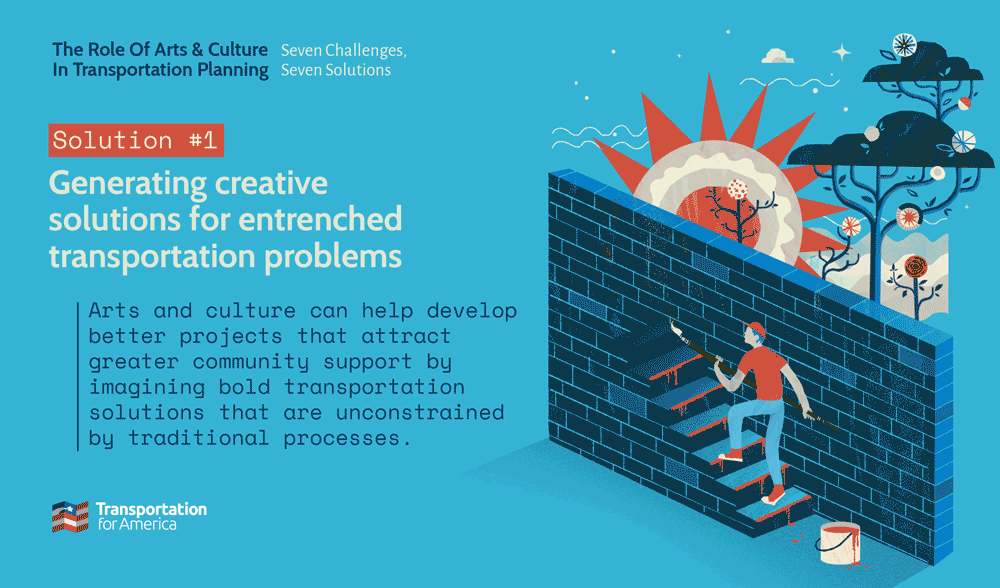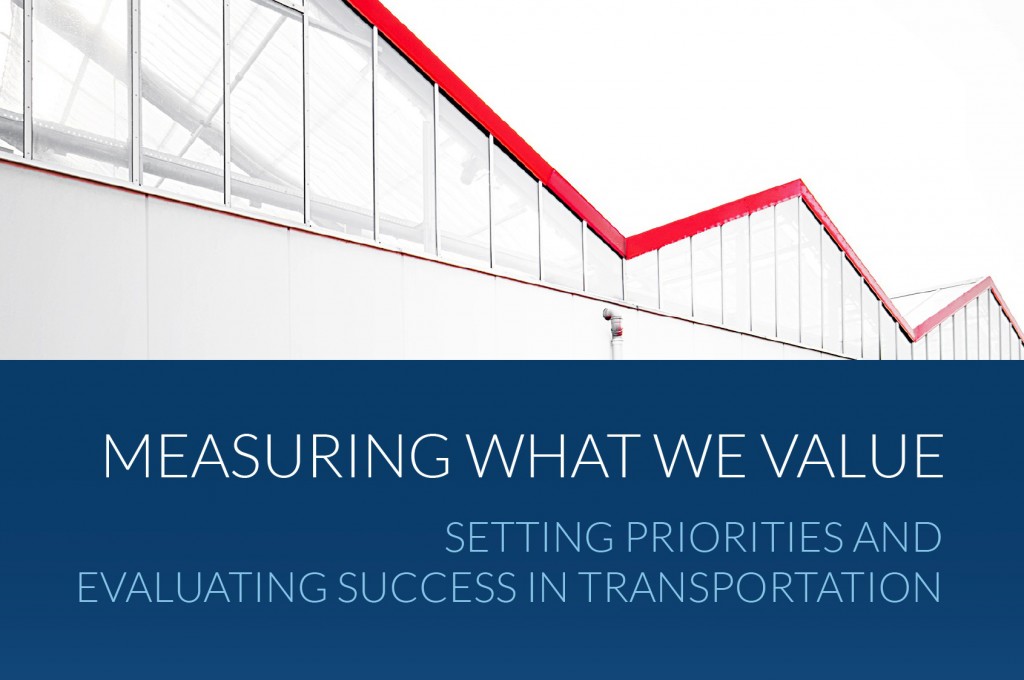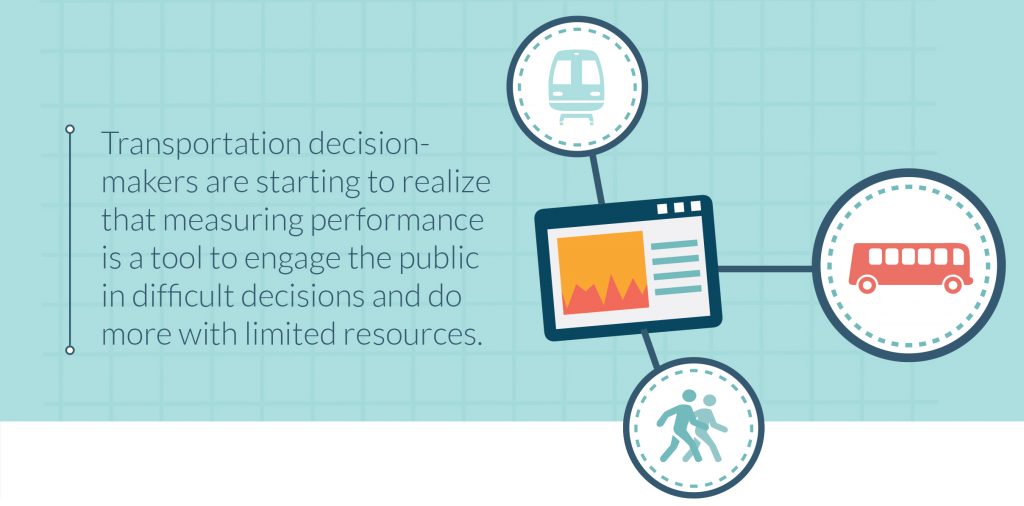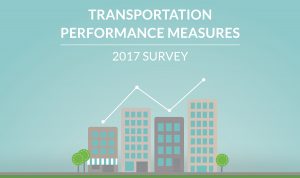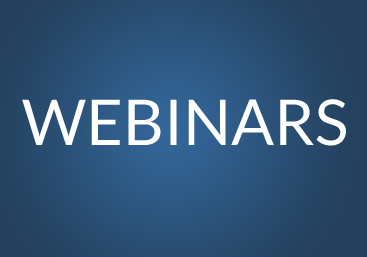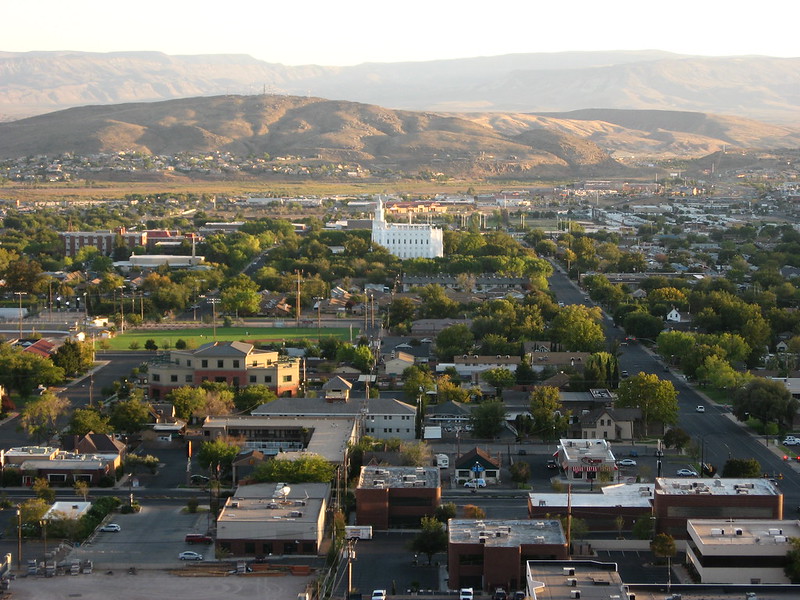
For the Biden administration to achieve its goals, all communities will need to be able to take advantage of federal funds. But some cities, towns, and territories with limited resources face a steeper hurdle to accessing these dollars. The Thriving Communities Program is a small step in the right direction to ensure every community is set up for success.

The 2021 infrastructure law, called the Infrastructure Investment and Jobs Act or IIJA, provides a wide range of funding opportunities for communities to access and leverage at their discretion. Given this structure, the IIJA has the potential to increase direct funding to local, tribal, and regional government entities. Direct access to funds could empower communities to pursue dedicated funding for projects most important to them at the local level, such as advancing equity, sustainability, safety, and connected communities.
There are various requirements to be eligible to access the IIJA’s funds. These requirements are intended to ensure federal funds are used responsibly and with accountability. However, they also cause grant applications to be costly and time-consuming tasks.
This rigorous application process can exclude the very communities that need federal funding the most. That poses a challenge for the Biden administration, particularly in their ability to reach their goal laid out under the Justice40 initiative, which states that 40 percent of the benefits of certain federal investments will go to communities that are marginalized, underserved, and overburdened by pollution.
Even if a disadvantaged community is able to overcome the barriers of federal grant applications, having the resources to execute the funded project is a second hurdle to overcome. When a disadvantaged community lacks the resources to effectively administer their awarded grant, they risk being disqualified for future funding opportunities due to poor grant management.
In order to make good on its goals for the transportation system, how is the administration closing these funding gaps?
Enter the Thriving Communities Program
To address the inequities in the grant applications process, the Biden administration created the Thriving Communities Program. Funded with $25 million through the Consolidated Appropriations Act of 2022, the U.S. Department of Transportation’s new Thriving Communities Program (TCP) aims to ensure that disadvantaged communities adversely or disproportionately affected by environmental, climate, economic, and human health policy outcomes have the technical tools and organizational capacity to compete for federal aid and deliver quality infrastructure projects that enable their communities and neighborhoods to thrive.
In addition to assisting with writing IIJA grant applications, the TCP will provide technical assistance, planning, and capacity building support to teams of communities who have historically experienced underinvestment and are awarded a grant. This will provide underinvested communities with the staffing or technical expertise required to scope, fund, and develop infrastructure projects that advance the community’s needs. The TCP will provide two years of deep-dive assistance to communities awarded IIJA funds.
In total, the U.S. Department of Transportation (DOT) anticipates that its Thriving Communities Program will be able to fund and assist a minimum of 30 disadvantaged communities. The White House Council on Environmental Quality indicates that 30 percent of America’s population resides in what is defined as disadvantaged communities, based on socioeconomic, environmental, health, climate, energy, and infrastructure indicators.
The professional services offered by the TCP to selected communities would help community partners to plan and develop a pipeline of comprehensive transportation, housing, and community revitalization activities. There is no cost to receive these professional services and project planning support. However, interested applicants must identify community partners and submit a Letter of Interest (LOI) by December 6, 2022 to be considered for selection.
The bottom line
The minimum 30 communities the USDOT anticipates funding through the TCP would only be a drop in the bucket, but it’s a small step in a positive direction for our nation’s communities. To build on these small beginnings, future federal appropriations should be allocated to expand upon this progress.
Without programs such as the TCP, the federal government would be unable to count on communities to help achieve fundamental goals, like Justice40. But in four years, the IIJA will expire, and the TCP could expire with it. To sustain local capacity building, the TCP should be permanently absorbed into the federal transportation program as part of the next infrastructure law. This will help ensure that federal funding is distributed equitably—not skewed to the communities with the most resources.
Transportation for America members have access to exclusive resources that provide further detail on this topic. To view memos and other members-only resources, visit the Member Hub located at t4america.org/members. (Search “Member Hub” in your inbox for the password, or new members can reach out to chris.rall@t4america.org for login details.) Learn more about membership at t4america.org/membership.




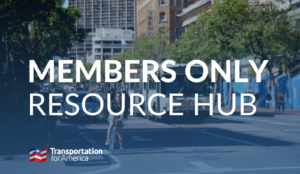
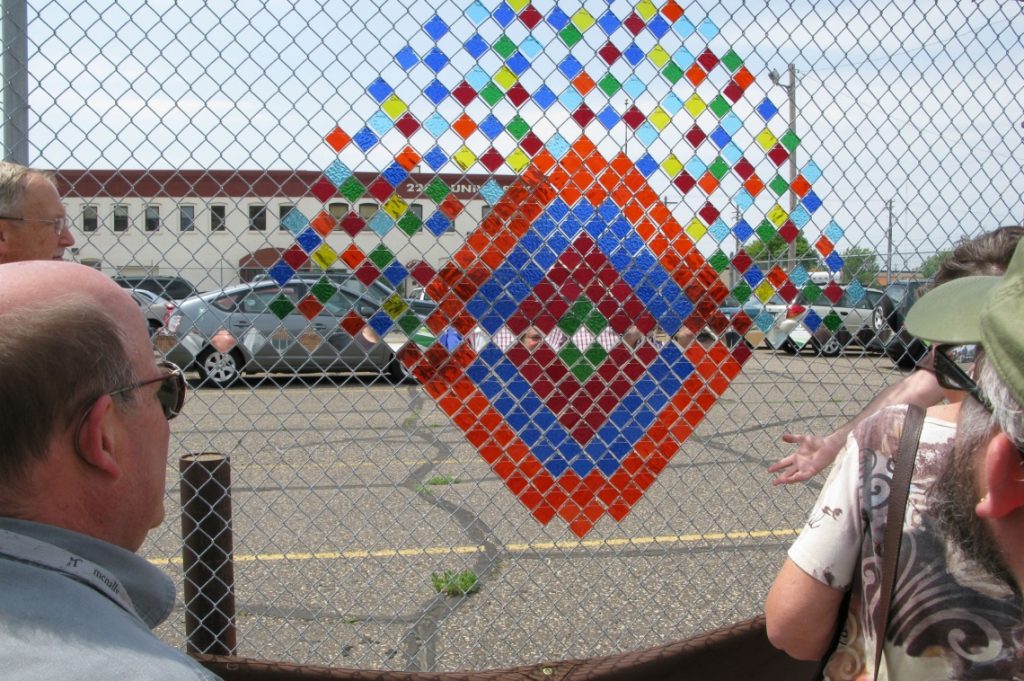
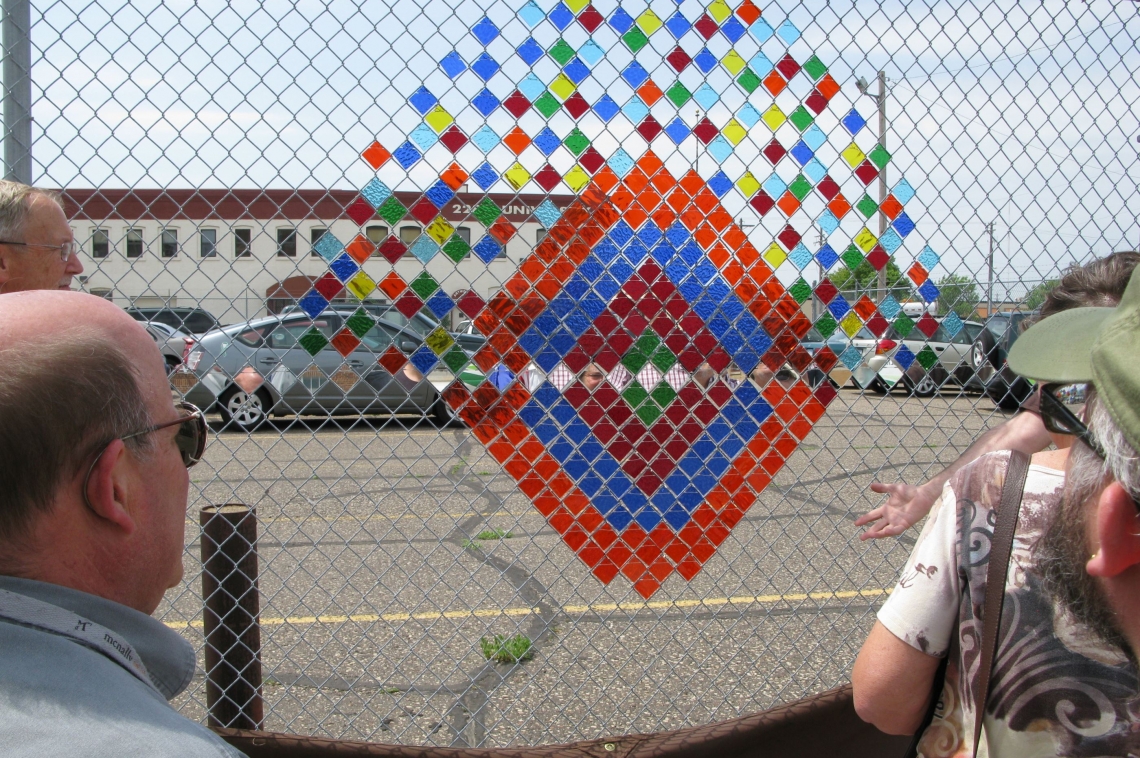 T4America is proud to announce the creation of a new yearlong Arts, Culture, and Transportation (ACT) Fellowship to help those already working at the nexus of arts and transportation take their work to the next level.
T4America is proud to announce the creation of a new yearlong Arts, Culture, and Transportation (ACT) Fellowship to help those already working at the nexus of arts and transportation take their work to the next level.